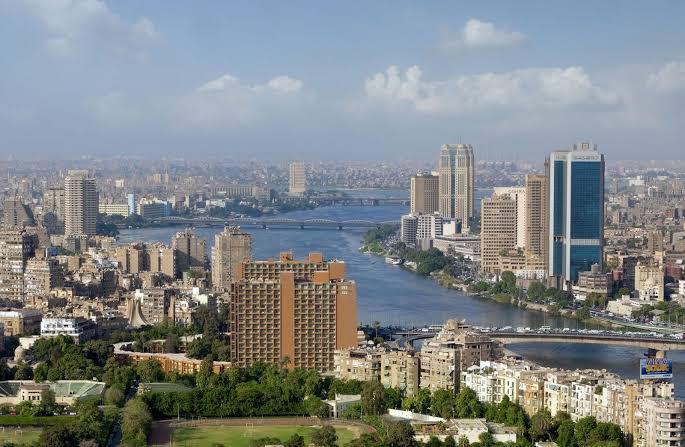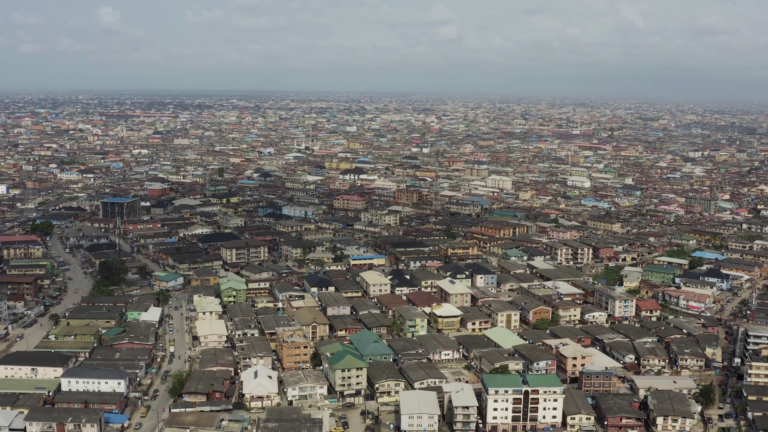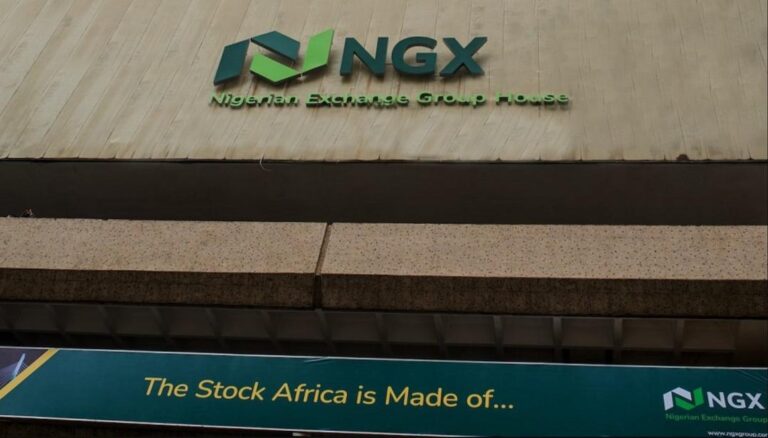By: ThinkBusiness Africa
At a two-day high-level conference held in Dakar, Senegal, experts called for the establishment of “Africa Credit Rating” while noting that miscalculations from global agencies (Fitch,S&P, Moody) are costing the continent $74.5 billion investment loss annually.
The Dakar submit organized by the South African Institute of International Affairs (SAIIA), the United Nations Development Programme (UNDP), and the African Union Development Agency – NEPAD (AUDA-NEPAD), brought together policymakers, central bank officials, economists and development partners from across West Africa to explore how the continent can consolidate its gains in international financial and climate governance.
During the session policymakers discussed strengthening Africa’s financial ecosystem, which include: the reforms to domestic capital markets, regional development banks, and the Africa Credit Ratings initiative.
The proposed regional credit Agency will provide a more accurate and unbiased rating insight for the continent’s economies and financial institutions to global investors; and save the continent $74.5 billion annual loss from biased miscalculation.
The “Big Three” rating agencies—Moody’s, Fitch, and S&P— have been accused of applying a negative bias when assessing African economies. These negative ratings often lead to higher borrowing costs for African countries and, in some cases, make it harder for them to access international financial markets.

“Sub-Saharan Africa’s external debt stock reached $863 billion in 2023, equivalent to 169% of total exports,” said Dr. Bartholomew Armah, Chief Economist at AUDA-NEPAD. “With average bond yields at 9.8%, debt-service costs now consume 16% of export revenues, a massive drain on future development.” He said.
Earlier this year, African Export-Import bank (Afreximbank), a major Pan-African multilateral financial institution, was downgraded by both Moody’s and Fitch. This action generated significant controversy, as it targeted an institution critical to continental trade finance.
In June, Fitch Ratings downgraded Afreximbank Long-Term Issuer to BBB- from BBB
Similarly, Moody’s Ratings downgraded the bank’s Long-Term Issuer to Baa2 from Baa1.
The African Peer Review Mechanism (APRM) publicly criticized Fitch’s downgrade, calling it “flawed” and reflective of a misunderstanding of how African financial institutions are governed and their exposures are legally secured.

Kenya, suffered a downgrade from S&P global—its credit rating was reduced to B- from B. The East African nation faced high borrowing costs due to this downgrade.
Many argue that the “big three” data collection process relies on subjective assessments and lacks a deep understanding of unique African economic realities, such as the size of the informal economy or the impact of diaspora remittances.












